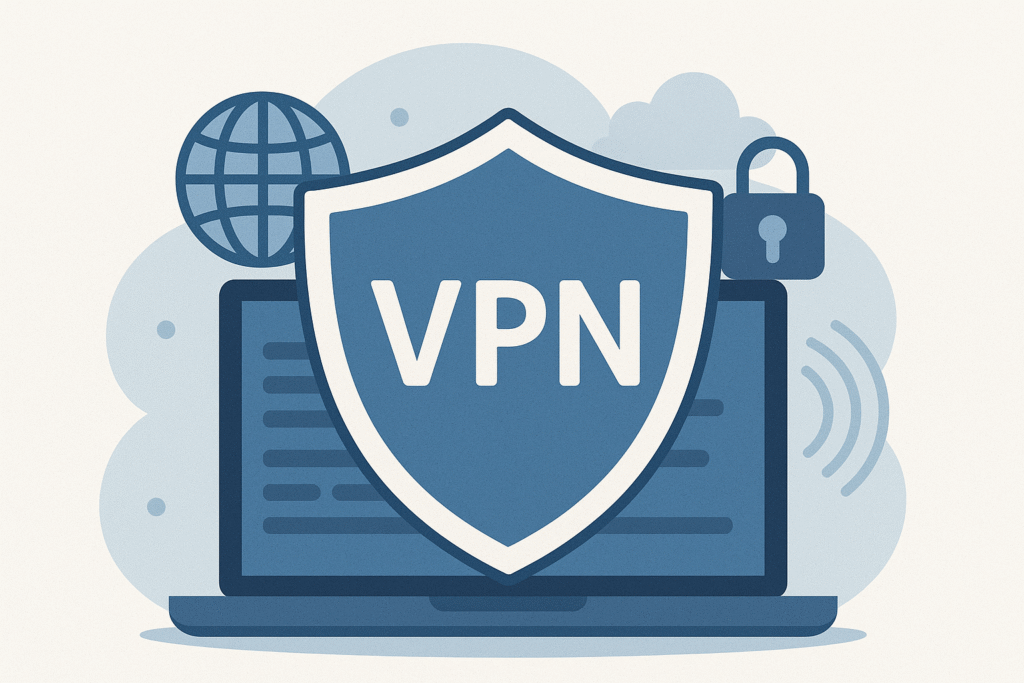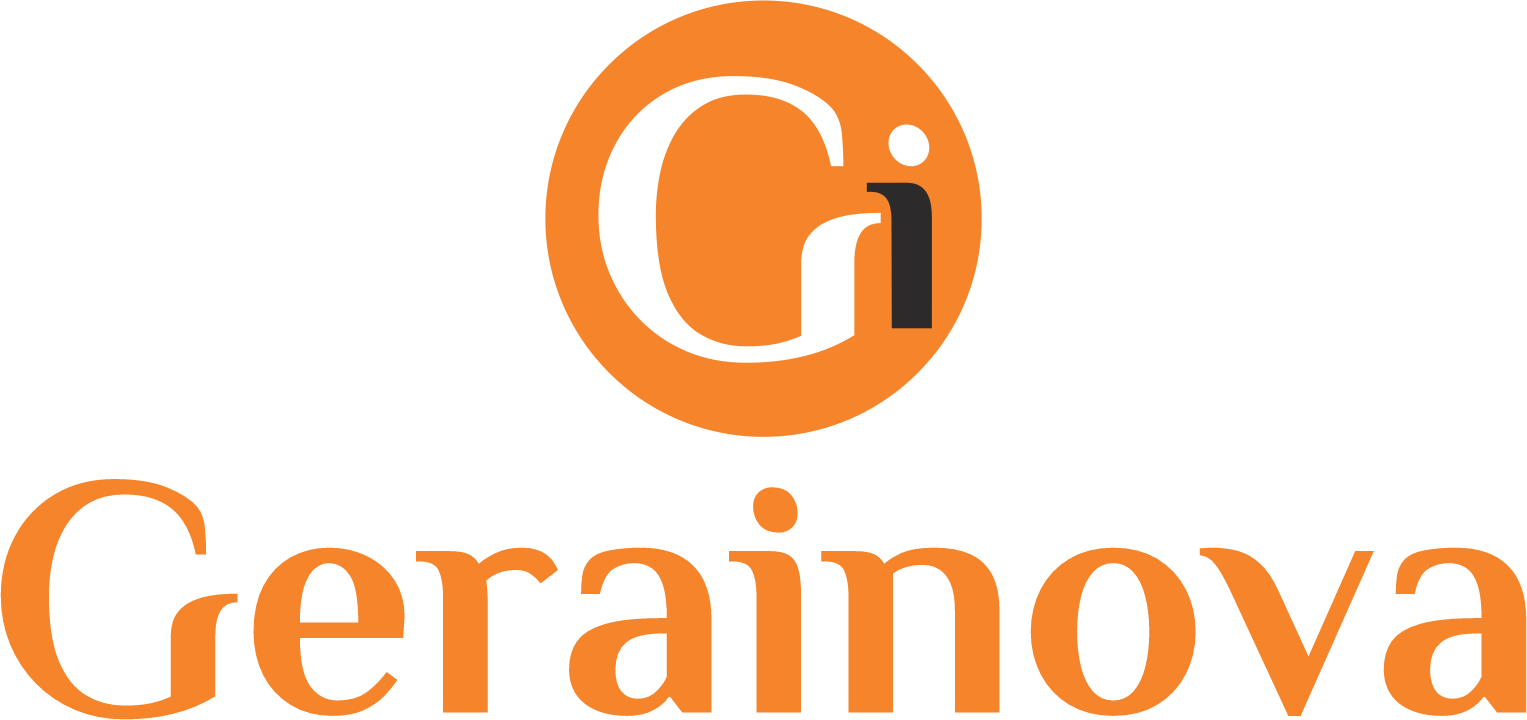In a digital age where privacy is under constant threat and cybercrimes are on the rise, protecting your data has never been more important. One of the most powerful yet simple tools to secure your online activity is a VPN—short for Virtual Private Network. Whether you’re a tech enthusiast or a casual user, understanding what a VPN does and why it matters can help you navigate the web more safely and freely.
Understanding the Basics: What Is a VPN?
A VPN (Virtual Private Network) is a service that creates a secure and encrypted connection between your device and the internet. When you use a VPN, your internet traffic is routed through a private server operated by the VPN provider. This process masks your IP address and encrypts all data transferred between your device and the internet.
How a VPN Works
Here’s a simplified explanation of how VPNs operate:
- You connect to the internet through your VPN provider.
- The VPN encrypts your data and sends it to a server in the location of your choice.
- Your internet request (e.g., accessing a website) is completed through the VPN server.
- The response from the website is sent back to the VPN server and then to your device, encrypted all the way.
As a result, your internet service provider (ISP), hackers, and even government agencies cannot see your real IP address or the websites you visit.
Why You Should Use a VPN
The benefits of using a VPN go far beyond just privacy. Here’s why it’s worth using one in 2025:
1. Enhanced Online Privacy
Without a VPN, your ISP can track your browsing history, sell your data to advertisers, or even hand it over to authorities. A VPN hides this data and gives you control over your digital footprint.
2. Stronger Security on Public Wi-Fi
Using public Wi-Fi in coffee shops, airports, or hotels puts your personal information at risk. VPNs encrypt your connection, preventing cybercriminals from intercepting your emails, passwords, or banking info.
3. Access Geo-Restricted Content
Streaming platforms, websites, and apps often restrict content based on your geographical location. With a VPN, you can virtually change your location and unlock content from around the world—whether it’s Netflix libraries or sporting events.
4. Avoid Online Price Discrimination
Some online retailers and travel booking sites show different prices based on your location. Using a VPN can help you compare prices from different countries and potentially save money.
5. Bypass Censorship
In countries with internet censorship, VPNs are a crucial tool for accessing blocked websites, social media platforms, and news outlets.
6. Prevent Bandwidth Throttling
Some ISPs slow down your internet speed when you stream videos or download large files. A VPN masks your activity, helping to avoid these slowdowns.
Situations Where VPNs Are Especially Useful
- Remote Work: Employees can securely access company networks while working from home.
- Frequent Travelers: Stay safe on public Wi-Fi and access home content while abroad.
- Journalists and Activists: Protect identity and access restricted information in high-risk areas.
- Gamers: Reduce lag and access game servers in other countries.
Limitations and Considerations
While VPNs offer many benefits, it’s important to understand their limitations:
- They don’t make you invincible: A VPN hides your traffic, but it doesn’t protect you from malware or phishing attacks.
- Not all VPNs are equal: Some free VPNs may log your activity or sell your data.
- Speed reduction: Encryption and rerouting traffic through servers may slightly slow down your connection.
Choosing a Reliable VPN
There are hundreds of VPN providers out there, but not all are trustworthy. When selecting a VPN, look for:
1. No-Log Policy
A trustworthy VPN doesn’t store logs of your browsing activity. Check the company’s privacy policy and whether it has been audited by third parties.
2. Strong Encryption
Look for VPNs that offer AES-256 encryption, the same standard used by governments and military organizations.
3. Multiple Server Locations
The more server locations a VPN offers, the more content you can access around the world.
4. Kill Switch
This feature automatically disconnects you from the internet if the VPN connection drops, ensuring no unprotected data leaks.
5. Good Speeds
Some VPNs are faster than others. Choose one that’s optimized for streaming, gaming, or torrenting if needed.
6. Cross-Platform Support
Ensure the VPN works on all your devices: Windows, macOS, Android, iOS, and even smart TVs or routers.
Best VPN Services in 2025
Here are some top-rated VPN services known for their speed, privacy, and reliability:
1. NordVPN
- Strict no-log policy
- Double VPN and Onion Over VPN features
- Fast and secure
2. ExpressVPN
- Excellent speeds
- Over 90 countries covered
- Independent audits confirm privacy claims
3. Surfshark
- Unlimited simultaneous connections
- Budget-friendly
- CleanWeb feature blocks ads and trackers
4. Proton VPN
- Developed by CERN scientists
- Great for privacy-focused users
- Transparent policies and open-source
5. CyberGhost
- Easy to use for beginners
- Optimized servers for streaming
- 45-day money-back guarantee
What About Free VPNs?
Free VPNs can be tempting, but be cautious:
- Many free VPNs log user data.
- They often come with bandwidth limits or slower speeds.
- Ads may be injected into your browsing experience.
However, there are a few trusted free VPNs with limited features, such as:
- ProtonVPN (free tier) – No data caps.
- Windscribe – 10GB/month with access to several countries.
- TunnelBear – Very beginner-friendly with 500MB/month.
Combining VPN with Other Security Measures
For comprehensive protection, use a VPN alongside other security tools:
- Antivirus software to block malware and ransomware.
- Password manager to create and store strong passwords.
- Two-factor authentication (2FA) for all major accounts.
- Encrypted messaging apps like Signal or Telegram.
Final Words: Take Control of Your Digital Privacy
In an increasingly connected world, using a VPN is one of the simplest yet most effective ways to protect your privacy and reclaim control over your online experience. Whether you want to secure your personal data, access blocked content, or browse without being tracked, a VPN is a valuable tool in your digital arsenal.

